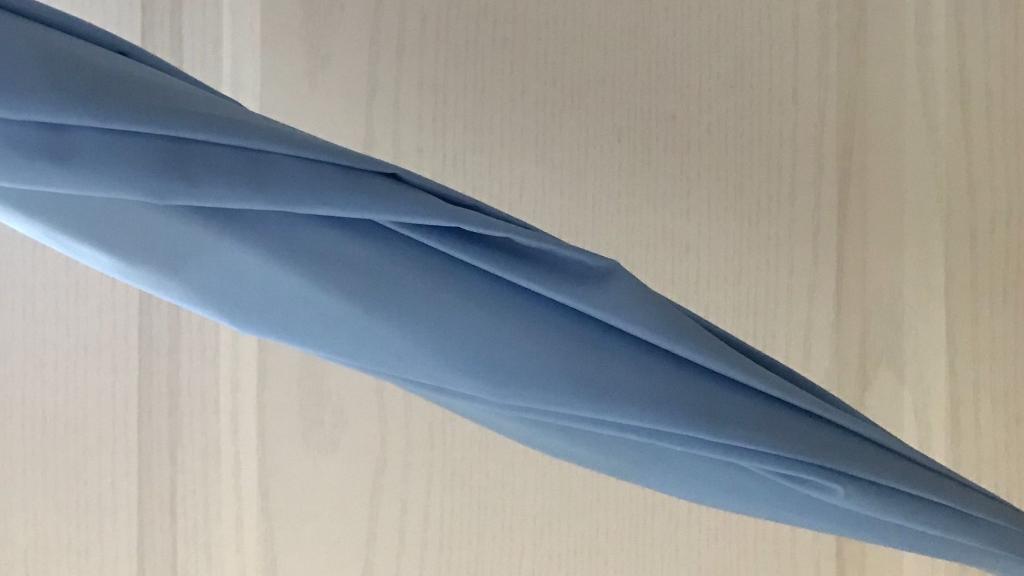
The Spanish State comprises several communities with distinct languages and cultures, and it is the legal duty of public institutions to support this diversity. Different governments, namely those at regional level, have sought to enforce this legislation with a range of different strategies, among which ensuring international presence stands out.
The Xunta de Galicia—Galicia's regional government—started to pursue this objective by funding Centres for Galician Studies in different universities worldwide, with the University of Oxford pioneering this initiative in 1991: under the directorship of Dr John Rutherford, Oxford became the first academic institution to offer Galician studies outside of Spain.
One of the main features of the agreements between the Xunta and international universities is to provide young Galician Studies graduates with an opportunity to teach Galician language and culture abroad. Also, as part of their post’s duties, these graduates organise extracurricular activities that raise the profile of Galician studies in their host universities and cities. As a Galician Studies graduate myself, but also an English Studies graduate, I welcomed the opportunity to be a part of this scheme in Oxford with great excitement, and my experience since I started in my position this year has been nothing but rewarding.
In order to understand why this is such a positive experience, one must learn some basics of Galician at Oxford. Firstly, the classes take place at the “headquarters” of Galician studies: the John Rutherford Centre for Galician Studies at The Queen’s College. Apart from being based in a beautiful building, the Centre is home for a well-stocked Galician library from which any university member can borrow, so this creates a privileged environment to carry out our activity.
As for the status of Galician studies within the Faculty of Medieval and Modern Languages, it is somewhat special: since Galician courses are not compulsory for any programme, all university members can join the classes. This means that students of any level and programme–graduate and undergraduate, or even PhD candidates and university staff–can meet in the same class. This is such an enriching experience, both for teaching and learning. Imparting elective modules also means one has the freedom to organise courses in which students are interested. Of course, we offer language classes at Beginners, Intermediate and Advanced levels, as well as a Speaking Practice course and an Introduction to Galician Culture. In addition to these, however, Hilary Term 2022 will feature two termly seminars chosen by my current students: one on the translation of contemporary Galician poetry, and another on Galician Medieval literature and its contemporary reimaginings. Even in a university like Oxford, where teaching is so individualised, the ability to tailor courses to your students’ interests to such an extent is, again, a real privilege.

A further advantage of the status of Galician studies in Oxford is one my students have repeatedly stated during our first eight weeks together: there is no pressure, but rather a passion for learning something new at university level, yet without pressing deadlines or worries about grades. It is great to see my students come into the classroom to bond, to engage in interesting conversations, to cheer each other up, to offer help to their peers; their faces show excitement whenever they are presented with new information or make connections between the languages they already know. Now that mental health has rightfully come into the spotlight, I believe experiences such as these may provide a good counterpoint to the stress students face in compulsory subjects, thus creating a common ground for a fruitful and healthy teaching and learning experience.
There is, of course, another side to the coin. Not being a full degree, or part of any compulsory program, Galician studies do not get recognised upon completion of your studies. However, for those who wish to include Galician-related topics in their Final Honour School examinations, there is a possibility of studying Galician prose and/or poetry as part of the paper devoted to contemporary literature in the Spanish Final Honour School (paper VIII). Also, if you wish to study contemporary Galician literature or sociolinguistics in greater depth, you can choose these topics as special subjects for a coursework portfolio (paper XII). Eventually, you might even spend some time of your year abroad in Galicia, and if you have studied the language in your first and second year, you may be able to sign up to the appropriate level of CELGA. This is the official language examination the Xunta de Galicia holds every year, in line with the European Framework of Reference for the Languages.
All in all, I have committed students, pedagogic freedom and great resources, so there is not much more to ask for. However, if I were to draw some prospects for Galician studies in Oxford, I could come up with some extra possibilities. For example, Galician could also be a part of the Portuguese sub-faculty examinations: Portuguese stems from Galician, and some people hold that they are still the same language nowadays, so studying the relationships between all these varieties and literatures could interest an even greater number of students than it already does. What if we thought of Galician as part of the Lusophone world, rather than just as a “minority” language in Spain? The purpose of a committed, world-leading academic institution such as Oxford is to push the boundaries of knowledge out of the hegemonic—embracing contact, conflict and diversity as fertile ground for research. From the Galician “patch” there is a great opportunity for Oxford students to explore new territories, and the position which Galician studies in Oxford hold now appears as a great start.